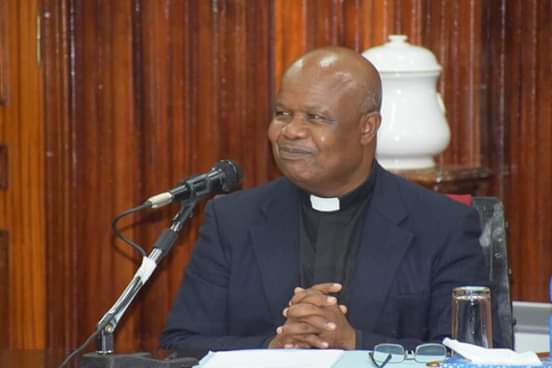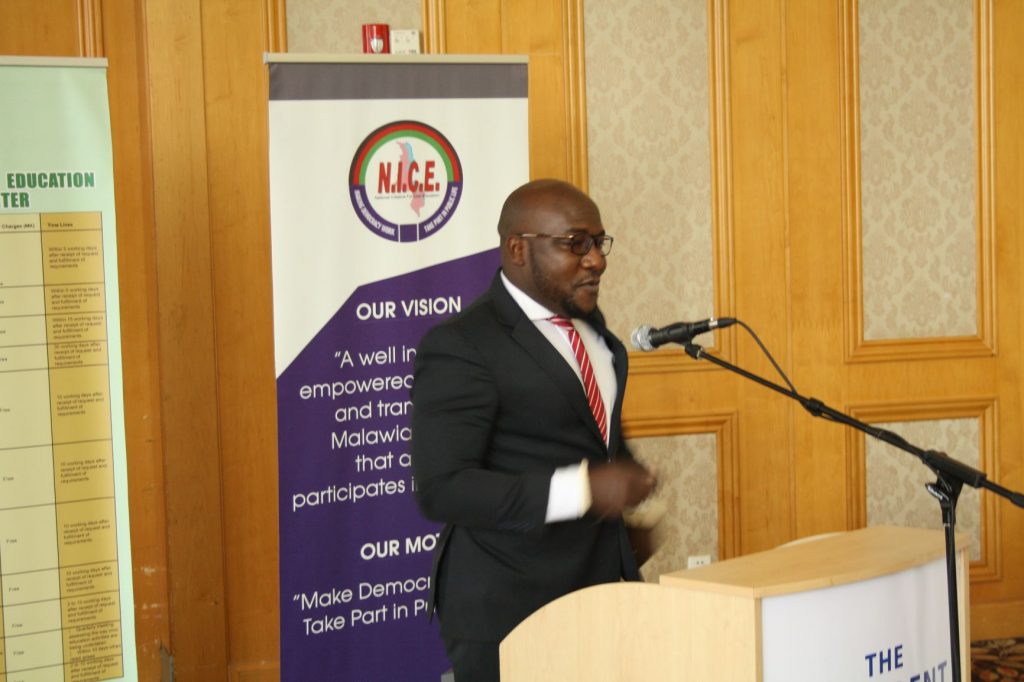By Morton Sibale, MANA
The quasi-religious grouping, Public Affairs Committee (PAC) has asked government to ensure that there is support and political will if the proposed National Peace Commission Bill is to be successful in achieving sustainable peace and unity in the country.
PAC Chairperson, Monsignor Patrick Thawale made the call on Monday in Lilongwe as the country commemorated the International Day of Peace at the Bingu International Convention Centre (BICC).

Thawale was commenting on the announcement made by the Minister of Civic Education and National Unity, Timothy Mtambo that government has finalized drafting the bill and that it will be presented to Parliament soon.
Thawale said the country has for long demonstrated that it is capable of coming up with good policies and pieces of legislation that do not equally translate to success on the ground.
He cited, for instance, the 2017 National Peace Policy and the National Peace Architecture which he said have this far translated to minimal impact on the ground.
“One major area of concern that the new government has to take care of is political will to implement policies and ideas such as this proposed bill.
We always come short when implementing what is on the paper and that comes about usually due to lack of political will,” said Thawale.
Thawale added that the Commission, once established, should be free from political influence if it is going to achieve the intended purpose of achieving sustainable peace.
“We have good institutions and structures for good governance in Malawi. However, the ability of such bodies to execute their roles effectively is affected by the influence of politicians. For example, Police is not fully independent and empowered,” Thawale added.
Secretary General for Quadria Muslim Association, Osman Karim concurred with Thawale saying the National Peace Architecture failed to be a success due to overlooking of some important questions at formulation.
“We are hopeful that the proposed Commission will address the questions that were neglected in the National Peace Policy.
One important issue to consider is its independence through the composition, considering that in most cases government is part of the conflict,” said Karim.
He added that issues of funding of the Commission should be adequately addressed in the proposed bill to ensure that it is fully independent.
Reacting to the concerns, Civic Education and National Unity Minister, Mtambo said that the Tonse Alliance government is committed to fully support the Commission as national peace is critical to the administration’s development and Chakwera’s Super Hi-5 agenda.
“Political will is important for development. We are mindful of the nation’s bad practice of producing good policies and development plans which are poorly implemented, enforced and accounted for. The Tonse administration is committed to changing this trend,” said Mtambo.

Mtambo added that government will adequately fund the Commission as it is one of the critical areas of his ministry and the government as it ensures inclusivity as the nation pursues its development agenda.
The International Day of Peace is commemorated on 21 September every year. The theme for Malawi this year was ‘Shaping Peace Together for Malawi’.
The event was this year commemorated through short presentations and a plenary discussion from representatives of various groups such as the youth, women and persons with disabilities and religious and traditional leaders.


